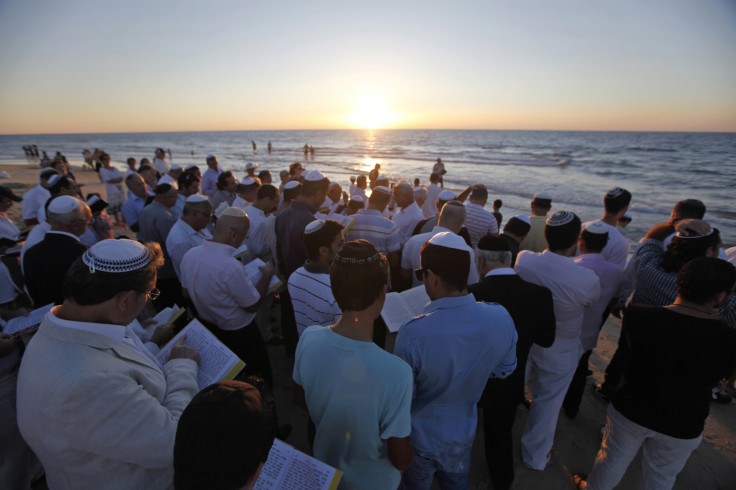Islamic New Year 1436 AH: What Year is it in Hinduism, Judaism and Buddhism?

Today marks the beginning of the Islamic New Year, otherwise known as the Hijri New Year. Starting on the evening of the 24 October and ending on the 25 October, it is observed on the first day of Muharram – the first month in the Islamic calendar.
The Islamic lunar year is shorter than the solar Gregorian year, usually by 11 or 12 days. Therefore, the Islamic New Year does not coincide with the same day of the Gregorian calendar – 2014 is the year 1436 AH.
AH, the Latin for "Anno Hegirae" or "After Hijrah" which means "emigration", is a reference to the first Islamic year beginning in 622 AD. It marks the emigration of Muhammad from Mecca to Medina, known as the Hijra.
Hinduism
The Hindu New Year also falls on 24 October, on the same week as Diwali – the "festival of lights". Today marks the beginning of the year Vikram Samvat 2071.
Vikram Samvat is the calendar believed to be established by emperor Vikramaditya of Ujjain in central India in 56 BC. It uses lunar months and the solar sidereal year, the time taken by the Earth to orbit the Sun once with respect to the fixed stars, and is the official calendar of Nepal.
Based on ancient Hindu tradition, the Vikram Samvat calendar is 56.7 years ahead of the solar Gregorian calendar, (also known as the Western calendar).

Judaism
According to the Hebrew calendar, the year AM (Anno Mundi) 5775 began at sunset on 24 September 2014. The calendar has evolved throughout history, with Babylonian influences.
The Hebrew lunar year is about eleven days shorter than the solar cycle and uses the 19-year Metonic cycle to coincide with the solar cycle. It also has the addition of an intercalary month every two or three years, for a total of seven times per 19 years.
The average Hebrew calendar year is longer by about six minutes than the current mean solar year, so that every 224 years, the Hebrew calendar will fall a day behind the current mean solar year. Around every 231 years, it will fall behind the Gregorian calendar, year by a day.
The new year is brought in by Rosh Hashanah, the Jewish new year, the first of the high holy days which occur in the early autumn of the Northern Hemisphere.

Buddhism
The Thai Solar calendar, Suriyakhati, was adopted by King Chulalongkorn in AD 1888. It is the Siamese version of the Gregorian calendar and is legal in Thailand, although Thai lunar dates continue to be used.
According to the Buddhist calendar, it is currently the year 2557. Years are counted in the Buddhist Era, which is 543 years greater than the Christian Era. The Buddhist Era reckoned to have an epochal year 0 from 11 March 543 BC, believed to be the date of the death of Gautama Buddha.
© Copyright IBTimes 2025. All rights reserved.





















